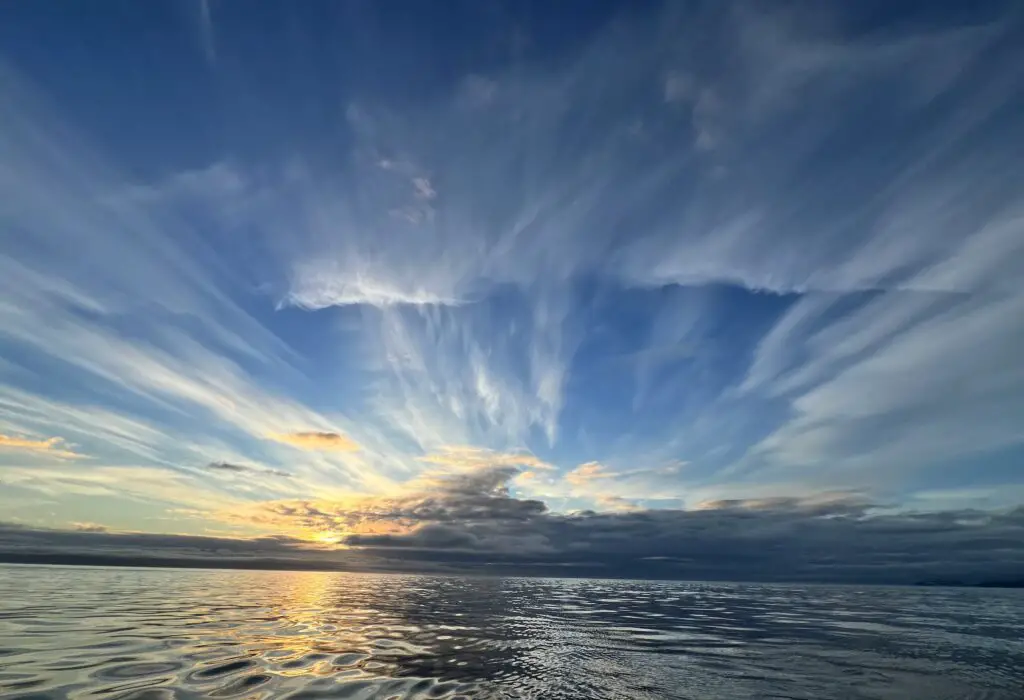
Kind of a silly name for a fishing website right?
I’ve had in mind from the beginning that I wanted to promote a particular lifestyle and way of life over just being a fishing website or fishing channel. But I haven’t taken the time to explain what I’m all about and what I’m after.
That’s what this blog post is going to make clear, and I hope you will take the time to read it and join the community of like-minded folks who want to preserve a lifestyle of sustainably, ethically harvesting food from one of the greatest corners of planet Earth, the Pacific Northwest.
What is this lifestyle I’m talking about? It’s the combination of a few things that, when all considered together, make for an intoxicating pull on the soul.
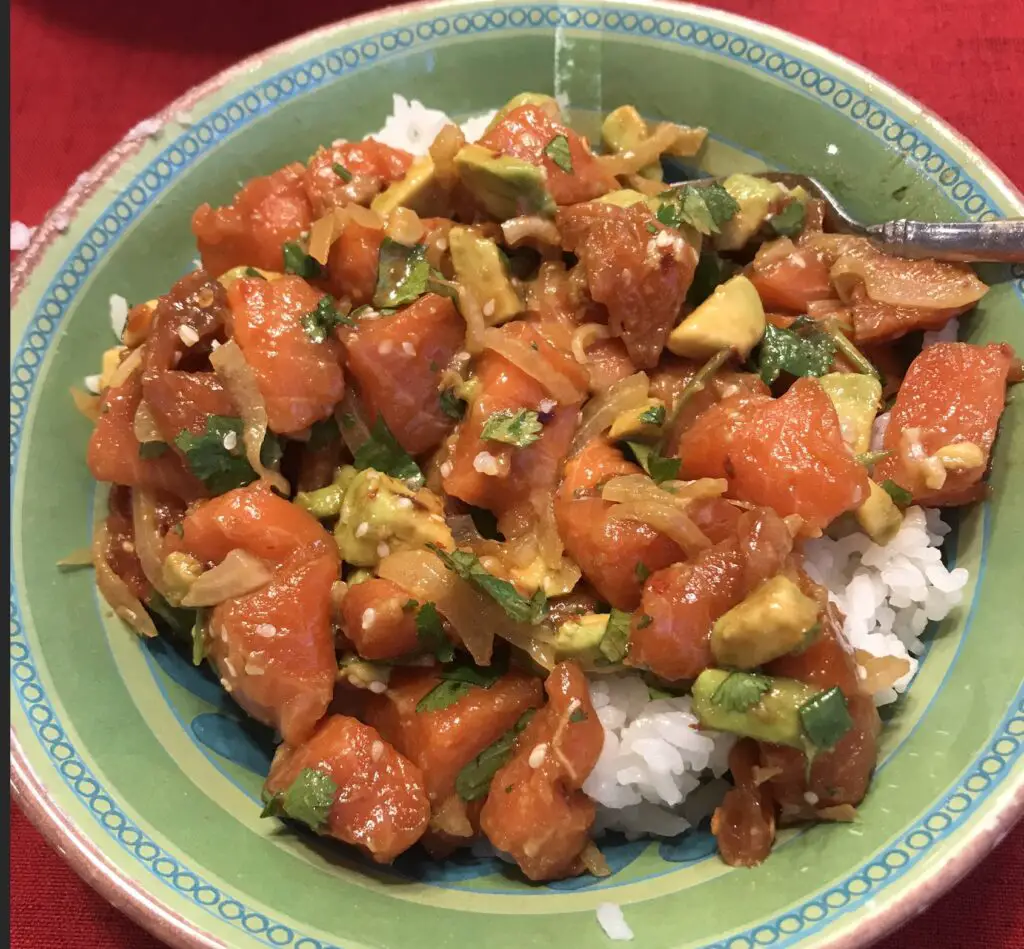
I have to start with food. I love food! As I age, though, I’m much more mindful of what I’m eating and where it comes from. The ability to harvest my own food and prepare decadent, delicious meals that combine fresh catch from the Puget Sound with fresh vegetables from the garden and other accompaniments is truly an incredible experience.
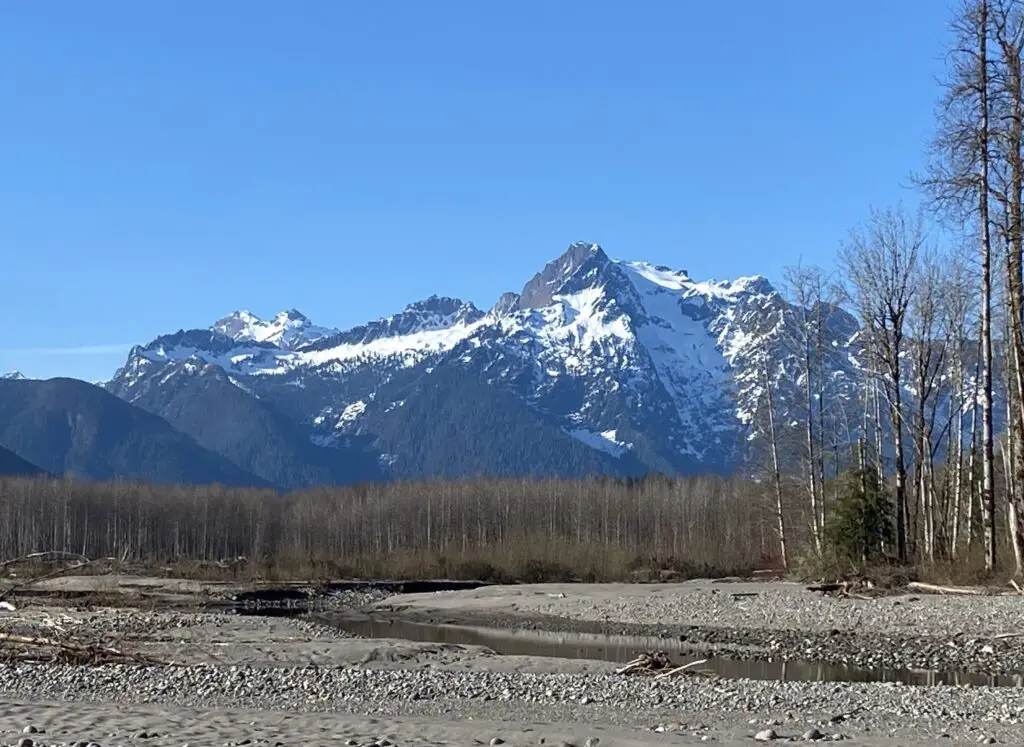
Another aspect that’s vital to the human experience is being active and being outside. The average modern 21st-century person spends an inordinate amount of time inside, in a chair, in an artificial environment with artificial lighting.
Go look up myopia/nearsightedness, one of the main contributing factors is too much screen time and not enough time outside. Our kids need time outside and away from screens to be healthy, and what better way to spend it than pursuing the food we eat?
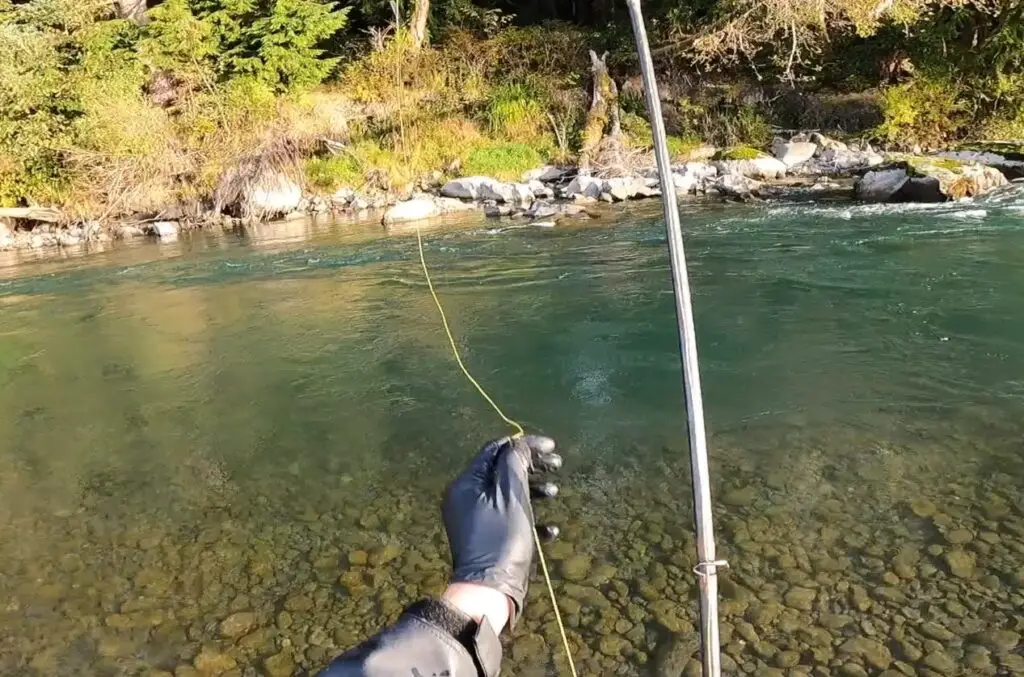
Finally, the adventure, the pursuit and quest of carefully stalking big game through dark timber, adjusting a bobber stop to the exact depth that chinook are holding in a beautiful emerald green drift of a remote coastal river, and hauling up a pot loaded with shrimp from the depths (just to name a few) are small glimpses into some of the most exhilarating and rewarding experiences one can encounter.
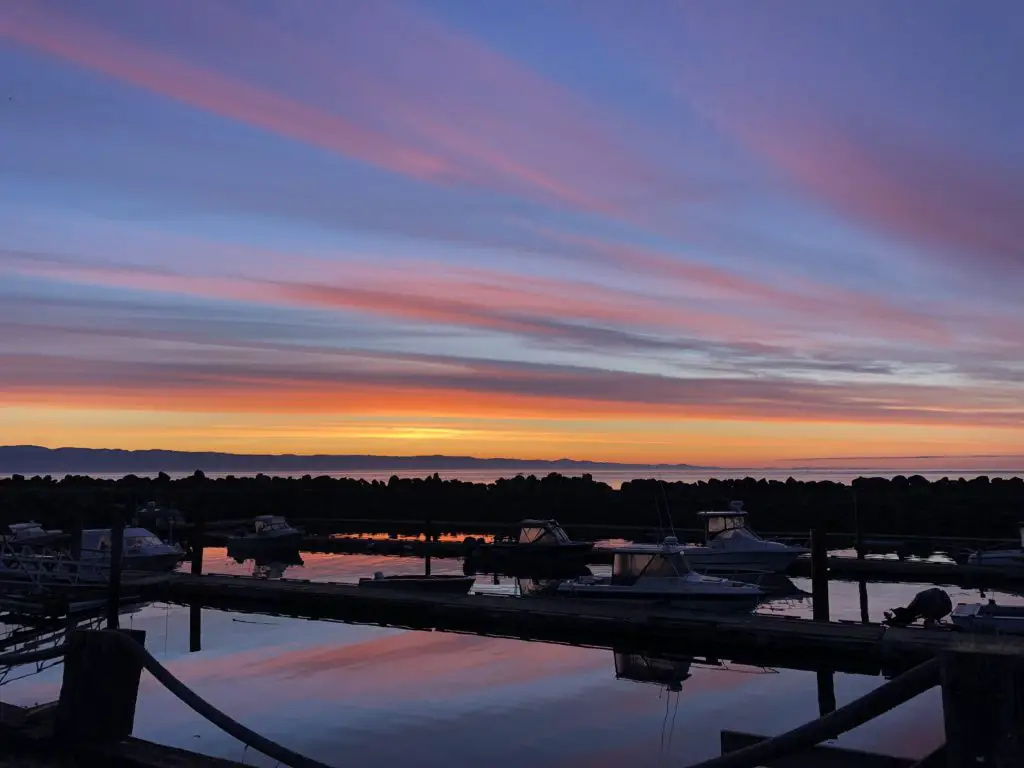
When you combine all three aspects of the recreational activity, such as hunting or fishing, with the active healthy lifestyle and the reward of eating your sustainable harvest, the result is what I like to think of as the best way to live in the Pacific Northwest or the PNW Best Life for short.
But it’s not just about living “our best life”, the ecosystems we participate in and interact with actually benefit and depend on us to be healthy and thriving.
Stewardship of the ecosystems
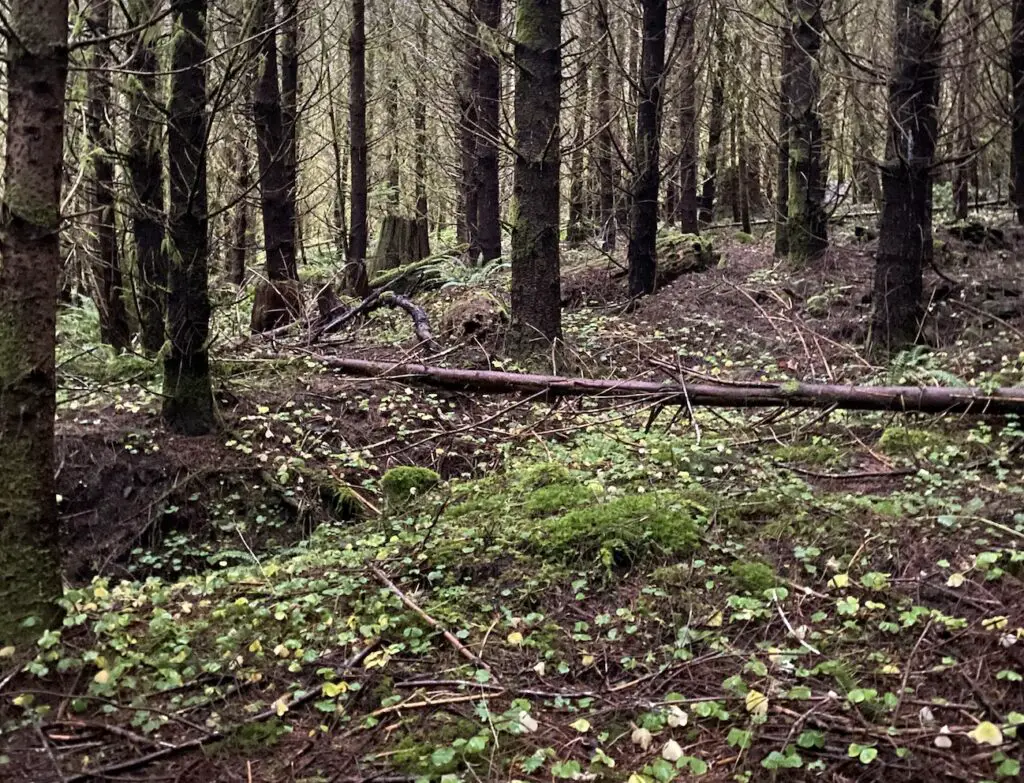
How is that possible? How does killing and eating benefit the ecosystems? I’m glad you asked! There are three primary ways this effect happens:
- Some ecosystems benefit from predator culling of the herd, such as winter kill with big game. Humans have displaced predators and have a moral obligation to manage the ecosystems actively. Additionally, the existence of humans has changed some ecosystems permanently requiring that we actively manage them for them to be healthy.
- All of human civilization is constantly actively expanding into and up against nature. Displacing and destroying it. The money, interest, and passion from those who participate in hunting and fishing directly support agencies and causes that combat this expansion or try to negate its negative effect on ecosystems. These agencies, like WDFW, are literally funded by our license sales. The US FWS is funded significantly by ammo/gun sales. Our entire system of wildlife management and conservation (the most successful in modern history) depends on YOU participating in the practice of hunting or fishing.
- By being in the woods and on the water, we are the eyes and ears of these agencies. We are the ones who bring advance attention to hurting ecosystems, poaching, and abuse. If we aren’t out responsibly recreating, then only those who want to exploit the resource will be out there, and there aren’t enough resources to keep tabs on all of that.
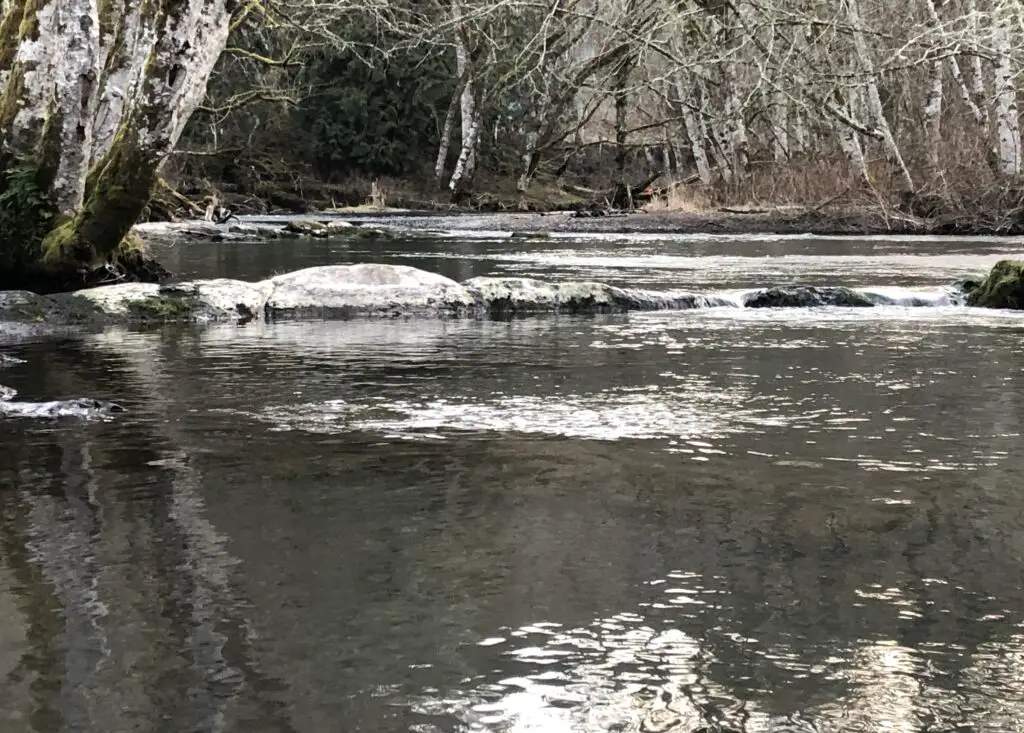
I could probably list additional factors, but the above three cover the majority of this answer. Those who engage in this lifestyle are Stewards of the resource. That’s a tremendous social and moral responsibility that the most passionate of us take extremely seriously. We spend hundreds and thousands of hours collectively working with agencies and conservation groups in our free time to advocate for the resource in addition to time spent in the woods or on the water.
That all sounds pretty great, right? It makes sense why someone would want to start a website, a YouTube channel, and a social media brand to highlight and champion this way of life, right? Sort of.
The reality is there are lots of websites and resources out there that already tackle a bunch of these topics, so why do we need yours? Yes! Now, we are getting to the heart of the subject I want to address.
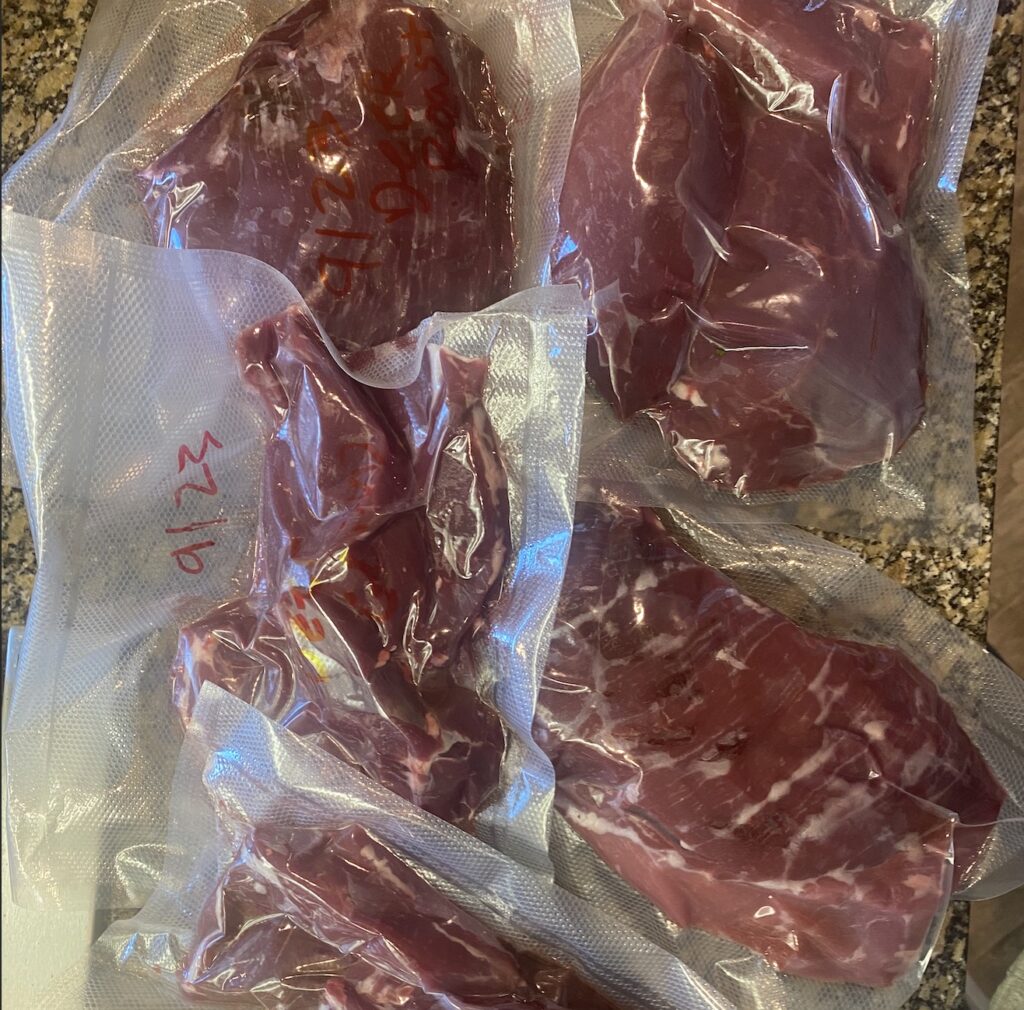
But in part of addressing that, we need to also highlight how this entire way of life is under attack. And it’s not just the lifestyle, the ecosystems and the wildlife are at grave risk of being lost forever in a way that is unique in history.
The world is changing in many ways, and we cannot approach these issues the way we’ve always approached them. Addressing these concerns requires a new improved approach that I also want to highlight.
New hunters and anglers are needed
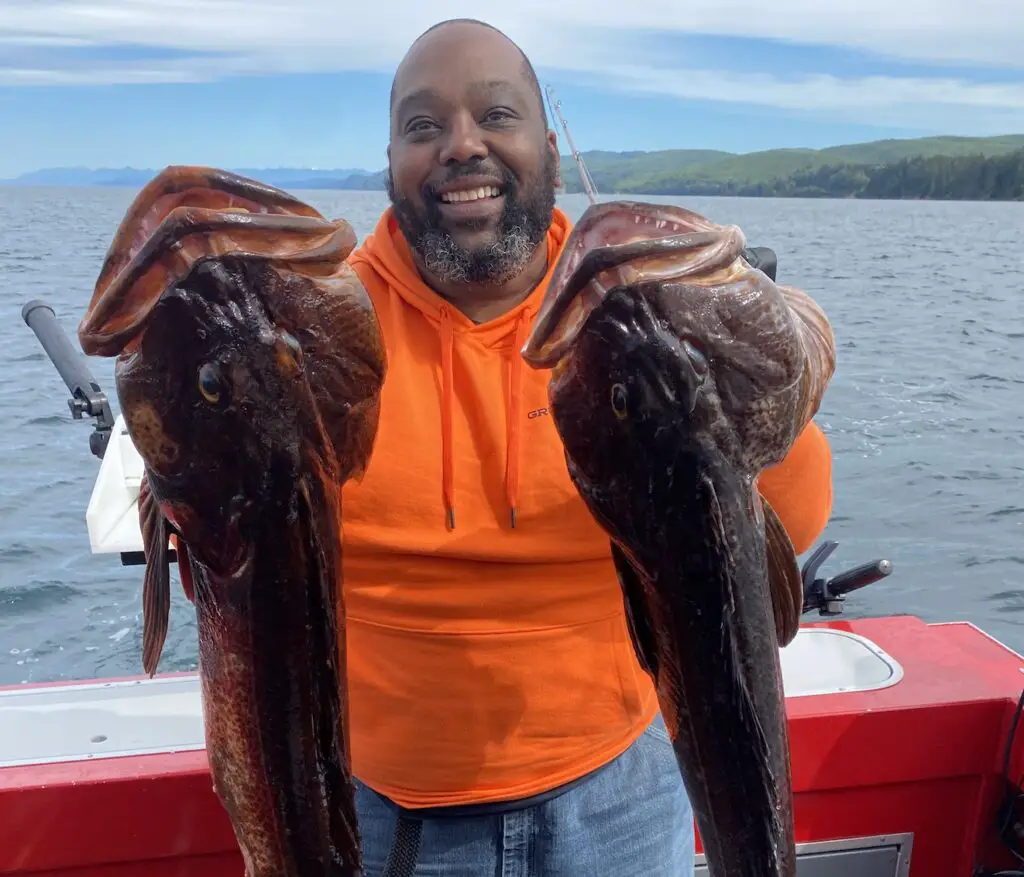
The recreational pursuits of hunting and fishing also require new participants. Those who take part in hunting and fishing, while rising nominally in the past few decades, are dropping considerably on a relative basis as a % of the total population.
Less than 5% of the population of the United Stats hunts. Less than 10% of the population fish.
Learning how to catch a salmon or harvest a deer have considerably steep learning curves that most wouldn’t even dare take on without having been raised that way or knowing someone close to them who draws them into the sport.
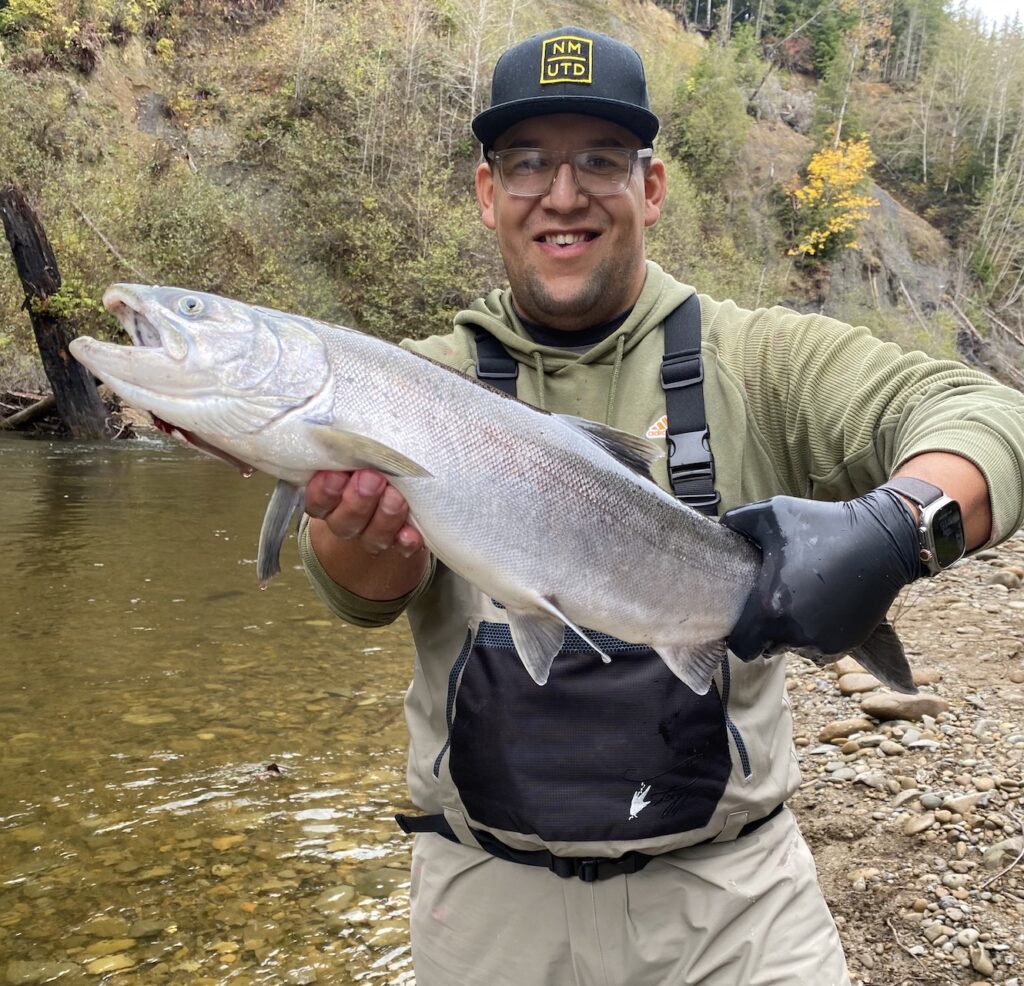
Most of the resources online are not about addressing that serious educational gap. They try to show you enough to get inspired and like their post and subscribe to their channel, but don’t really teach you how to start from scratch and be successful. Even the educational material often assumes you know something fundamental about what you’re doing and this dynamic continues to be a serious barrier for many folks getting into these activities.
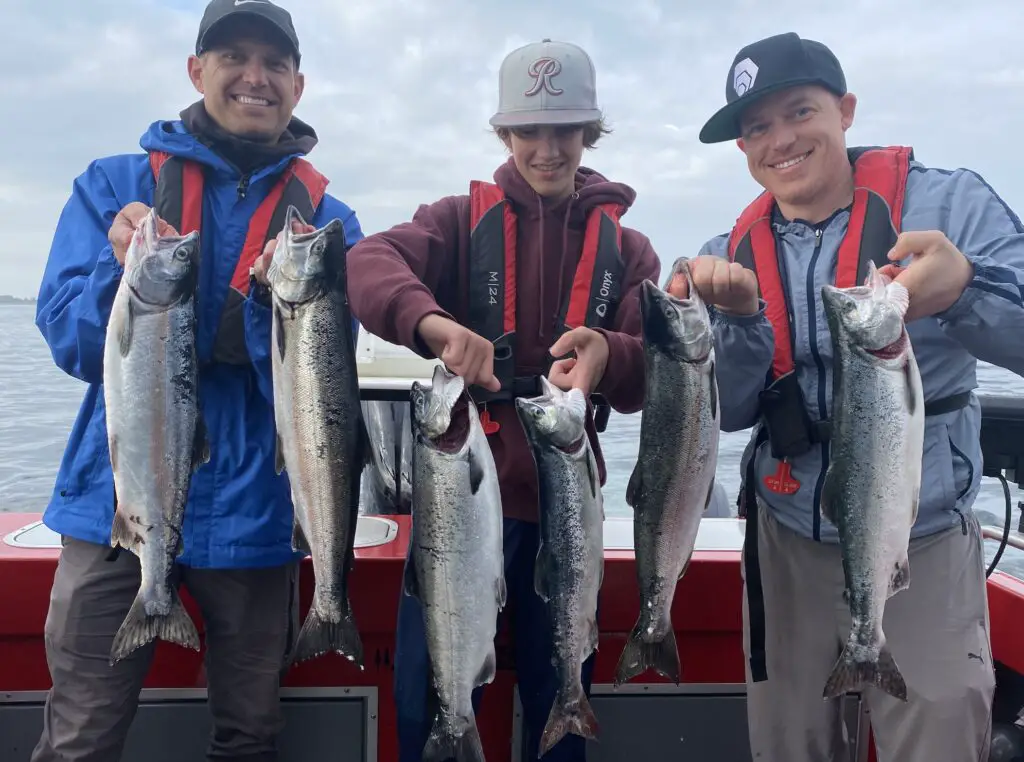
Traditionally, this lifestyle has been passed down within families, but as that declines, how do we bring new folks into these pursuits?
At PNW Best Life, I’m passionate about providing educational material and digital tools to help you tackle the learning curve. I’ve learned most of what I know from my own research, experience, and trial and error so I’m eager to provide that, plus the digital tools that I use myself to help you be successful.
I have so much good stuff planned for the future here on PNWBestLife.com!
Ecosystems and consumptive lifestyles are under attack
Okay, so what about this way of life of sustainable, ethnical harvest of wildlife being under attack?
In many cases there are far too many nuances to fairly and accurately cover in an article like this, but I will provide an overview and cast a spotlight on some fairly egregious examples of what I’m talking about.
The greatest enemy to our precious ecosystems and way of life is a disengaged and apathetic general public.
It’s what other groups that are very engaged in challenging hunting and angling rights rely on to gain any ground in the fight. Additionally, by the average person being disconnected from nature, there is no social consciousness or concept of responsibility for the steady expansion of civilization and everything civilization needs to thrive, impacting wildlife.
If you read the extremely detailed Comprehensive Management Plan for Puget Sound Chinook drafted by biologists of all of our Western Washington river systems that are struggling to support wild salmon, the picture quickly crystalizes. Dams, habitat destruction (logging/mining/construction) and culverts to name a few have contributed to the dramatic reduction in stocks of wild salmon.
Pugetropolis is one of the largest clear cuts in the world with a booming population that supposedly cares about the environment, but there is an incredibly large disconnect between general sentiment and lifestyle.
When Willamette wild steelhead and spring chinook were threatened with extinction due to the over abundance of sea lions in the Columbia River, causing state and federal agencies to get approval to take lethal action, 90% of the feedback during the public comment period was negative.
We are completely disconnected from the reality of what’s best for wildlife.
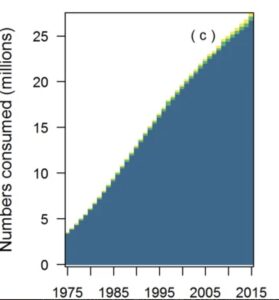
We have the same situation brewing in Puget Sound rivers, but action is limited by the MMPA but also by public sentiment and lack of understanding. We are lacking a general public that is connected and cares about the wildlife of the Pacific Northwest.
However, when the famous incident with the Orca mom pushing her dead pup around Puget Sound for a few days became viral news, the concern of the general public was activated and action was taken to dramatically increase the amount of hatchery chinook salmon being raised to make up for the massive losses of wild salmon returning to the area that Southern Resident Killer Whales (SRKW’s) depend on to survive.
Why were there so few hatchery salmon being raised in the first place all of a sudden? You have to look at the supposed “conservation groups” who take donations from a disconnected general public and industry and turn them into lawsuits against the state trying to manage a healthy ecosystem and raise hatchery salmon.
If we turn the page to hunting for a second, look at some of the statements of the very well organized and well funded anti-consumption group’s websites.
“The vast majority of Washingtonians neither hunt nor fish, but value the preservation of the state’s wildlife for its own sake.”
Here, the fact that hunters and anglers are the vast minority is being used to essentially say “Why are we managing wildlife according to what such a small minority wants?”
Sounds logical right? But if the vast majority of Washingtonians are disconnected, apathetic and can only muster some outrage when an iconic or cute species is being harmed then we are in big trouble if we remove hunters and anglers from the equation.
Again, these are the groups that are actively taking on and attempting to change the most successful wildlife conservation programs in modern history.
Where are these groups advocating for different land use practices that destroy critical salmon spawning habitat and aquatic ecosystems? Where are these groups when harbor seal populations need to be culled because their overabundance is decimating wild salmon and steelhead populations preventing their recovery and starving the Orcas of their primary food? Where are these groups when predator abundance threatens human populations?
They are often either absent or on the wrong side of the most important issues that face wildlife ecosystems.
I could also talk about a warming changing environment, loss of biodiversity and commercial over harvest / bycatch, but this article is already getting long-winded and I think you get the idea.
The bottom line is that this website and the PNW Best Life brand are about advocating for a sustainable, ethical, and consumptive lifestyle that emphasizes our role as Stewards of the resource. We want new people to take on this consumptive lifestyle, but to do it in the right way.
Call to action
What can we do about it? Join the lifestyle, promote ethnical sustainable harvest, represent a better image of the hunter and angler than what has been presented in the past, get involved, attend the town halls, the NoF meetings, volunteer.
Take someone new hunting or fishing! Teach them how to prepare wonderful meals from their harvest.
Stop blaming the tribes every time you see nets out in a river. If there was one group of folks who’ve championed this lifestyle for thousands of years, it would be those who inhabited these lands long before there was a United States. The Tribes have been important partners to those who are passionately engaged to steward the resource and protect a consumptive lifestyle.
Share the image of ethical consumptive lifestyle not just the glory shot of the kill. Jillian Garret talks about this idea extensively of connecting the image of hunting to respectful and ethical harvest in her recent article for Northwest Sportsman.
Do your part to spread these ideas within your circle of hunters and anglers.
The time will when come when the group of like minded folks who have the most passion and funds to bring to bear on these issues will get more organized, so be ready. We need to stop fighting each other and fight for the wildlife and the way of life that exists in balance/harmony with the wildlife while fulfilling our role as stewards.
The old way of doing our own things, and not being aware of the general public perception of hunting and angling is over.
You may say “Forget those people!” and that’s fine, you do your thing. That is not the approach I’m going to take nor do I think it’s helpful at this point. I see an informed, interested and engaged public as foundational to preserving this lifestyle and preserving what’s best for the wildlife and healthy ecosystems.
As anglers and hunters, we have an image AND an organization problem. If we were fulfilling what I believe the role and vision should look like, we wouldn’t have these anti-consumption groups popping up preying on the ignorance of the general public for support to reform state and federal wildlife agencies and we would be far more successful at helping these critical ecosystems thrive.